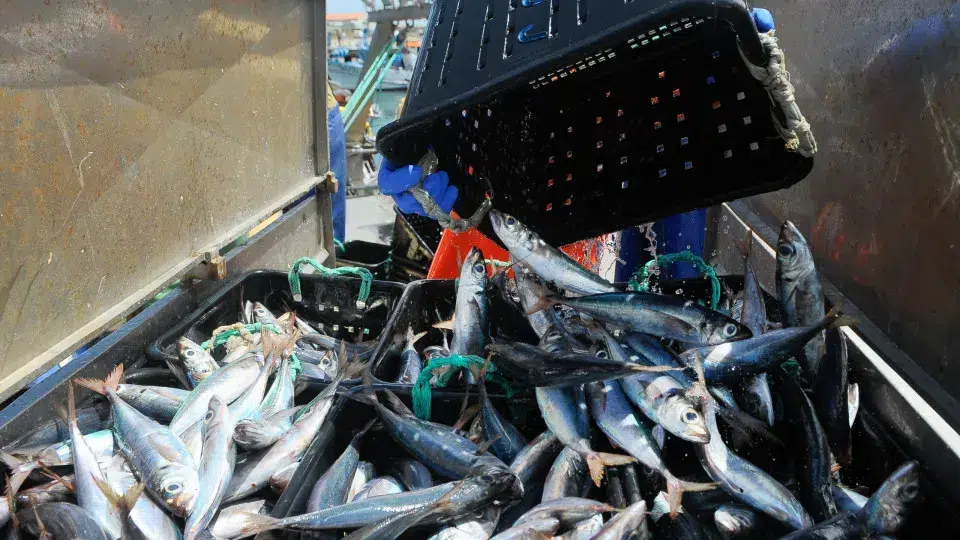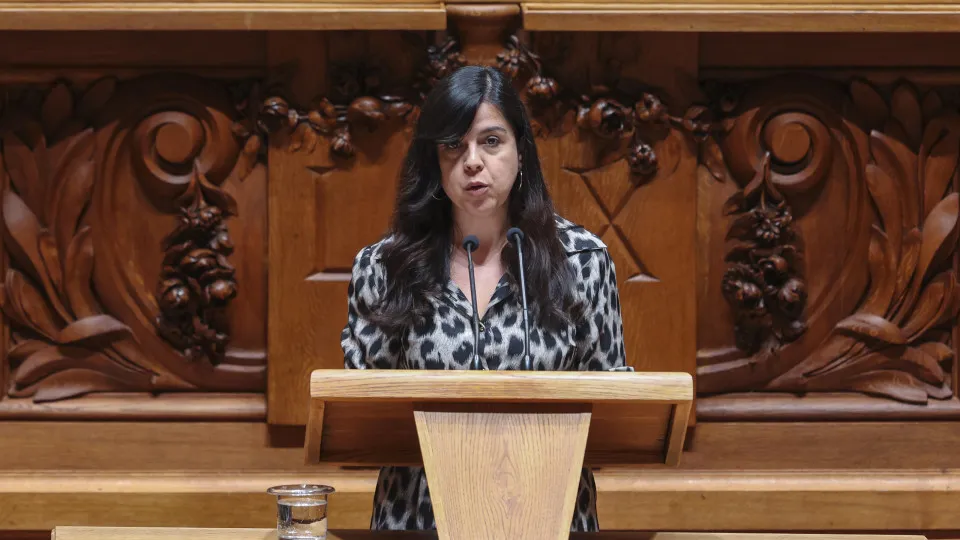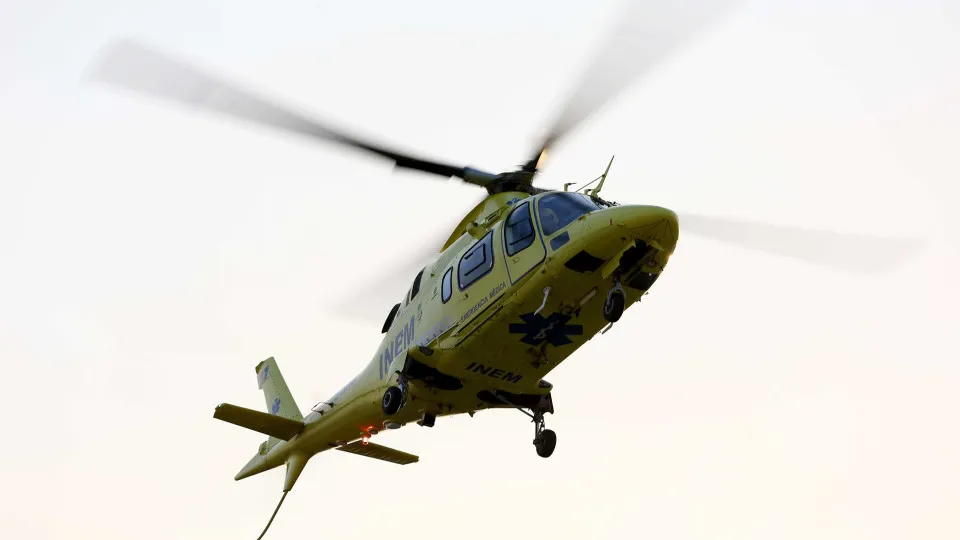
The European Commission unveiled a proposal regarding the total allowable catches in Atlantic waters of the European Union (EU) for the upcoming year. The proposal, based on scientific advice from the International Council for the Exploration of the Sea, aims to ensure the long-term economic sustainability of EU fisheries.
Specifically, Brussels suggests a 5% reduction in the hake quota in Iberian waters, a 3% decrease for red seabream in the Azores, and a 2% reduction for monkfish in Iberian waters, based on maximum sustainable yield.
Larger cuts are proposed for sole (-28%), anglerfish (-26%), and plaice (-20%) in Iberian waters and bycatches. The institution justifies this with a precautionary approach for 2026 and 2027.
The European Commission also proposes a 12% increase in the allowable catch for sole in Iberian maritime waters for the next year.
In Iberian waters, quotas for hake, plaice, and undulate ray remain unchanged.
In the Bay of Biscay, a 27% reduction is recommended for white hake fishing, 26% for anglerfish (similarly for bycatches in the Cantabrian Sea), 20% for plaice, and 1% for common sole.
In today’s information release, the European Commission also advocates for a six-month ban on all eel fishing activities, as well as a ban on recreational fishing in brackish and marine waters of the Northeast Atlantic EU, due to the “critical state” of this species.
This proposal is set for discussion among EU Fisheries Ministers, convening in the Council in Brussels on December 11 and 12, aiming to reach a political agreement to be effective from January 2026.
Besides national waters, Portugal engages in fishing in shared waters with Spain, notably in the Bay of Biscay and Cantabrian Sea, and in Iberian waters, which EU reports classify as Portugal’s main fishing zone.
Except for national waters, the other two areas are jointly managed by the EU and subject to annually set capture quotas.
These quotas are determined by Member States based on a Commission proposal and apply to most commercial fish stocks.
Under the common fisheries policy, EU countries must manage fish stocks according to maximum sustainable yield and precautionary approaches, including the recovery of depleted stocks.
The most important species for fisheries in Portugal include sardine, horse mackerel, hake, monkfish, and black scabbardfish.
Fishing sustainability aims to ensure the balance of marine ecosystems and the survival of the species supporting the sector.




